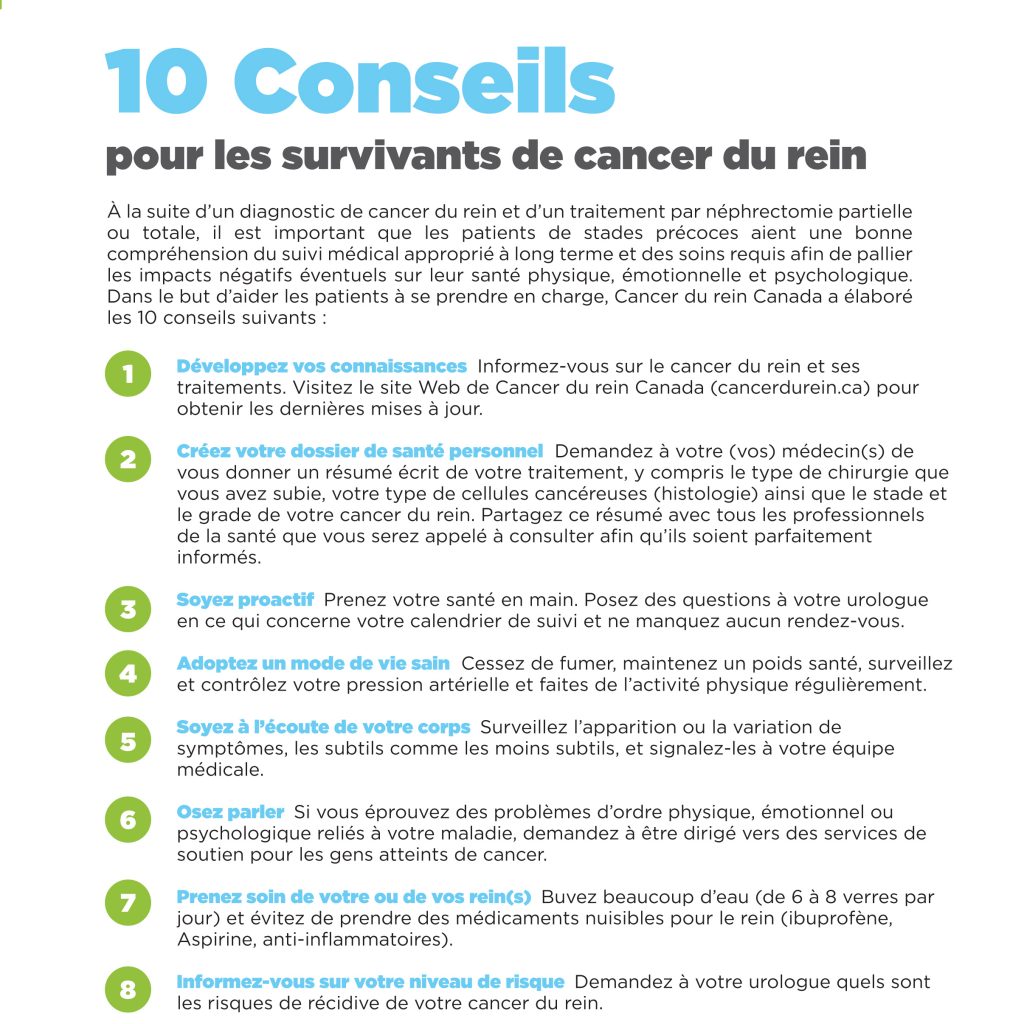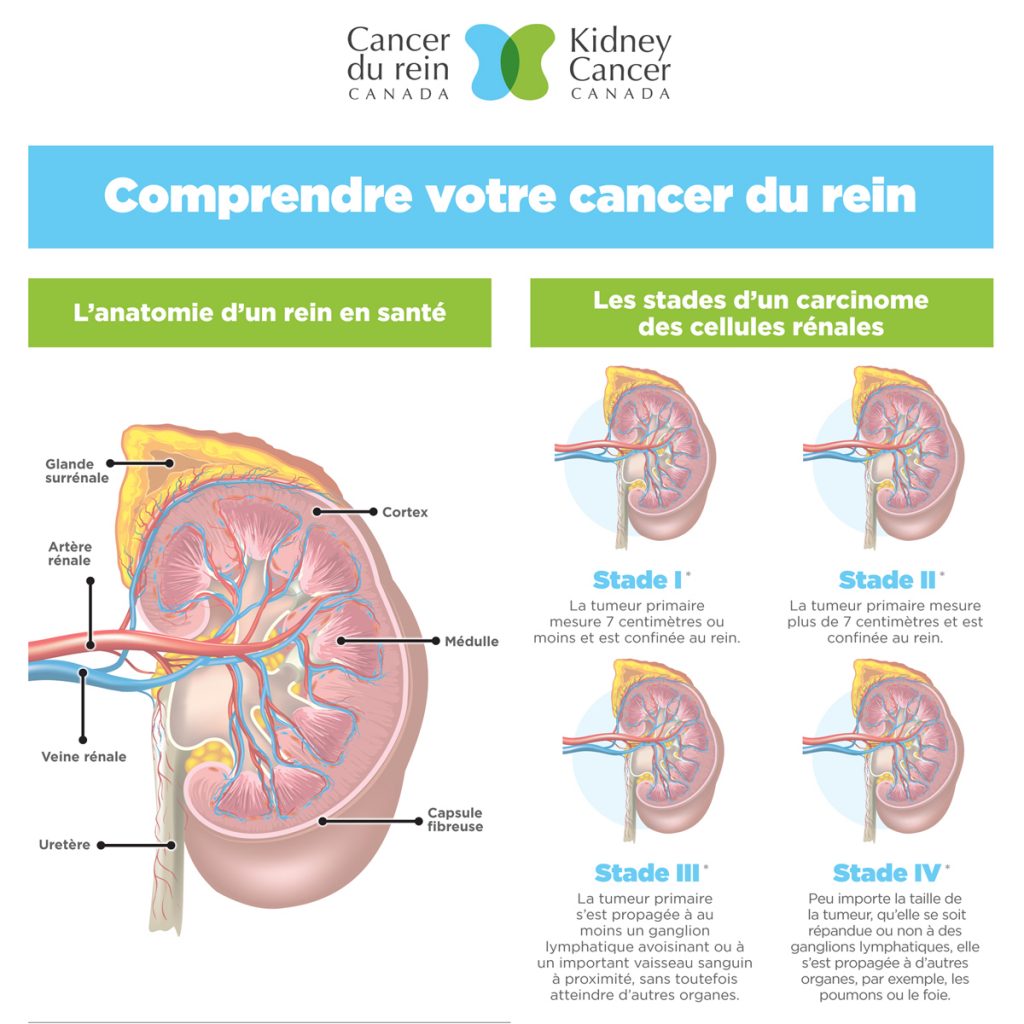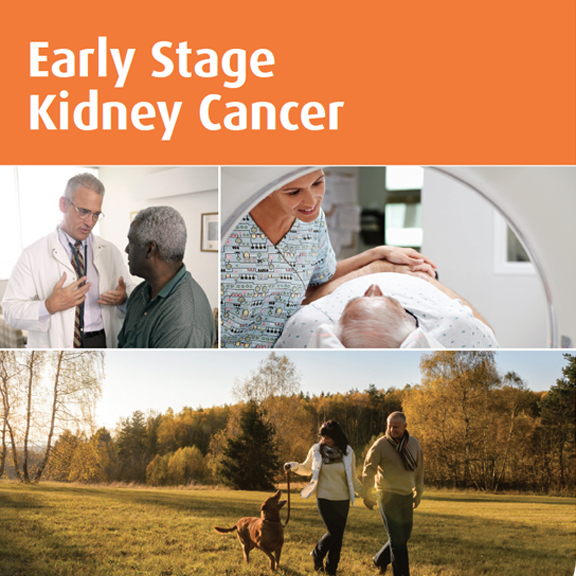Health Canada Approves KEYTRUDA® (pembrolizumab) as First-Line Treatment for Patients with Advanced Renal Cell Carcinoma (RCC)
We draw your attention to this media release distributed through Cision.
This therapy for treatment of metastatic kidney cancer needs evaluation by the pan-Canadian Oncology drug review process and then, if recommended, requires government and private insurers to enter into price negotiation.
Kidney Cancer Canada / Cancer du rein Canada supports evidence based recommendations for the introduction of this therapy into Canada.
Source: Cision
Approval Based on Results of KEYNOTE-426, Where KEYTRUDA® in Combination with Axitinib Reduced the Risk of Death by Nearly Half Compared to Sunitinib
- Renal cell carcinoma (RCC) is the most common form of kidney cancer, representing 80 per cent of all cases1
- The five-year survival rate for advanced RCC is currently estimated to be 8 per cent2
KIRKLAND, QC, Jan. 23, 2020 /CNW/ – Merck (NYSE: MRK), known as MSD outside the United States and Canada, today announced that Health Canada has approved KEYTRUDA® (pembrolizumab), Merck’s anti-PD-1 therapy, in combination with Inlyta® (axitinib), a tyrosine kinase inhibitor, for first-line treatment of patients with advanced renal cell carcinoma (RCC). The approval is based on findings from the pivotal Phase 3 KEYNOTE-426 trial, which demonstrated significant improvements in overall survival (OS), progression-free survival (PFS) and objective response rate (ORR) for KEYTRUDA® in combination with axitinib (KEYTRUDA®-axitinib combination) compared to sunitinib.
For Canadians living with advanced renal cell carcinoma, the cancer has spread beyond the kidney to other areas of the body.3 While the five-year survival rate for patients living with Stage 1 RCC is currently estimated to be 81 per cent, those living with advanced (Stage 4) RCC face an 8 per cent chance of survival.4
“It’s important that Canadians living with renal cell carcinoma, an aggressive form of cancer, have access to new treatment options that are well tolerated and can improve survival outcomes,” said Dr. Sebastien Hotte, medical oncologist at McMaster University. “The approval of pembrolizumab, or KEYTRUDA®, in combination with axitinib, is an important advancement in treatment that physicians can now consider in managing patients newly diagnosed with advanced RCC.”
“For kidney cancer patients whose cancer has spread beyond the kidney and metastasized in other parts of the body, their disease is much more aggressive. For these patients, there is a need for additional treatment options,” Dr. Pierre Karakiewicz, medical oncologist at the Centre hospitalier de l’Université de Montréal (CHUM). “Health Canada’s approval of pembrolizumab in combination with axitinib represents an important advancement in the treatment of kidney cancer that helps extend survival outcomes for patients living with advanced renal cell carcinoma.”
In the Phase 3 KEYNOTE-426 trial, KEYTRUDA® in combination with axitinib demonstrated a statistically significant reduced risk of death by 47% compared to sunitinib (HR=0.53 [95% CI, 0.38-0.74]; p=0.00005). For progression-free survival (PFS), the KEYTRUDA®-axitinib combination showed a reduction in the risk of progression of disease or death of 31% compared to sunitinib (HR=0.69 [95% CI, 0.57-0.84]; p=0.00012). The objective response rate (ORR), an additional efficacy outcome measure, was 59% for patients who received the KEYTRUDA®-axitinib combination (95% CI, 54-64) and 36% for those who received sunitinib (95% CI, 31-40) (p<0.0001). The observed safety profiles of pembrolizumab plus axitinib were as expected on the basis of the known profiles of these drugs, although the incidence of grade 3 or 4 elevations in liver enzyme levels in the pembrolizumab-axitinib group was higher than previously observed when each agent was used as monotherapy.5
This is the first indication for KEYTRUDA® in advanced RCC, and the first anti-PD-1 therapy as part of a combination regimen that significantly improved OS, PFS and ORR versus sunitinib in patients with advanced RCC.
“We welcome Health Canada’s decision to offer a new evidence-based treatment option to patients living with advanced renal cell carcinoma,” said Stephen Andrew, Executive Director of Kidney Cancer Canada. “This immuno-oncology combination represents an important milestone in our community and offers new hope to patients and their caregivers.”
Product monograph
References
1 De P., Otterstatter, M.C., Semenciw, R., et al. Trends in incidence, mortality, and survival for kidney cancer in Canada, 1986-2007. Cancer Causes Control 2014;25(10):1271-1281.
2 Canadian Cancer Society. Survival statistics for kidney cancer. Available at http://www.cancer.ca/en/cancer-information/cancer-type/kidney/prognosis-and-survival/survival-statistics/?region=on. Accessed on October 8, 2019.
3 Canadian Cancer Society. Cancerous tumours of the kidney. Available at http://www.cancer.ca/en/cancer-information/cancer-type/kidney/kidney-cancer/cancerous-tumours/?region=on. Accessed on January 22, 2020.
4 Canadian Cancer Society. Survival statistics for kidney cancer. Available at http://www.cancer.ca/en/cancer-information/cancer-type/kidney/prognosis-and-survival/survival-statistics/?region=on. Accessed on October 8, 2019.
5 Rini B. I, Plimack E.R, Stus V, et al. Pembrolizumab plus Axitinib versus Sunitinib for Advanced Renal-Cell Carcinoma. NEJM 2019;380:1116-27.


























































